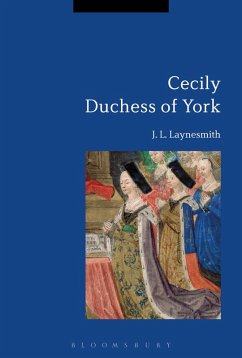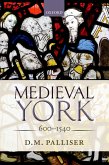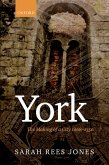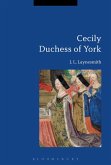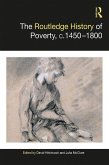This is the first scholarly biography of Cecily Neville, duchess of York, the mother of Edward IV and Richard III. She was said to have ruled Edward IV 'as she pleased' and Richard III made his bid for the throne from her home. Yet Cecily has been a shadowy figure in modern histories, noted primarily for her ostentatious piety, her expensive dresses, and the rumours of her adultery.
Here J. L. Laynesmith draws on a wealth of rarely considered sources to construct a fresh and revealing portrait of a remarkable woman. Cecily was the only major protagonist to live right through the Wars of the Roses. This book sheds new light on that bloody conflict in which Cecily proved herself an exceptional political survivor. Skilfully manipulating her family connections and contemporary ideas about womanhood, Cecily repeatedly reinvented herself to protect her own status and to ensure the security of those in her care.
From her childhood marriage to Richard duke of York until her final decade as grandmother of the first Tudor queen, the story of Cecily Neville's life provides a rich insight into national and local politics, women's power and relationships, motherhood, household dynamics and the role of religion in fifteenth-century England.
Here J. L. Laynesmith draws on a wealth of rarely considered sources to construct a fresh and revealing portrait of a remarkable woman. Cecily was the only major protagonist to live right through the Wars of the Roses. This book sheds new light on that bloody conflict in which Cecily proved herself an exceptional political survivor. Skilfully manipulating her family connections and contemporary ideas about womanhood, Cecily repeatedly reinvented herself to protect her own status and to ensure the security of those in her care.
From her childhood marriage to Richard duke of York until her final decade as grandmother of the first Tudor queen, the story of Cecily Neville's life provides a rich insight into national and local politics, women's power and relationships, motherhood, household dynamics and the role of religion in fifteenth-century England.

